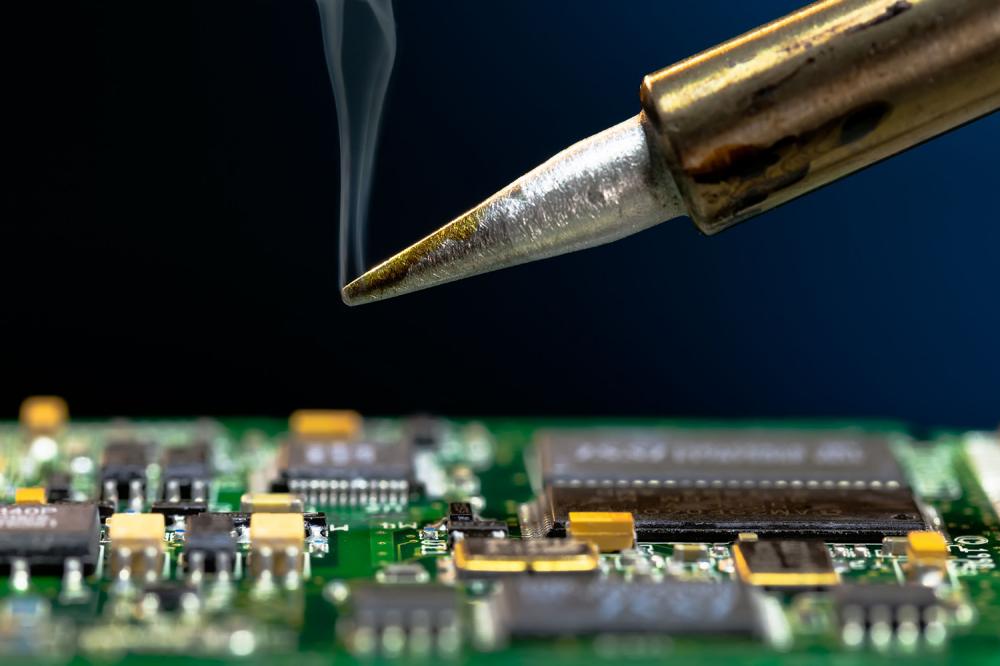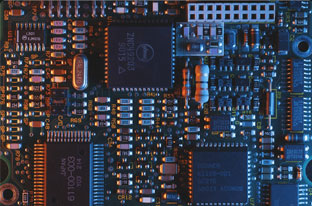* On your first PCB Assembly order!
* Up to $300 discount
 C - A L L E Y
C - A L L E Y 
Home | Events | PCB | About Us | News | Contact Us
Lead is a toxic substance, and excessive absorption of lead by the human body can cause lead poisoning. Even low-dose intake can negatively affect human intelligence, the nervous system, and the reproductive system. An alloy of tin and lead is commonly used in soldering tin because it has good electrical conductivity and a low melting point, making it suitable for welding processes. However, much of its toxicity is attributed to lead, and lead smoke produced during soldering can lead to poisoning.
Lead metal can produce lead compounds, all of which are classified as dangerous substances. In the human body, lead can impact the central nervous system and kidneys. The environmental toxicity of lead to various organisms has been well established. When blood lead concentration reaches 10 μg/dL, it can cause sensitive biochemical effects. Long-term exposure that causes blood lead levels to exceed 60-70 μg/dL may result in clinical lead poisoning.
Lead is undoubtedly toxic, regardless of the quantity. Even ordinary metals can be harmful if taken in excess. During soldering, harmful smoke is released, so wearing a mask while working is advisable, although it may still have some negative impact. If possible, using lead-free solder wire is a safer alternative to those containing lead.

Soldering Iron and Tin in PCBA Processing
Is lead-free solder poisonous?
Solder wire, which is used with electric soldering irons, primarily consists of tin but also includes other metals. It is mainly divided into two categories: lead and lead-free (environmentally friendly) solder. With the introduction of the European Union's ROHS standard, more PCB welding plants are opting for lead-free solder, gradually replacing lead-based solder wires. It is possible to export environmentally friendly solder wires, with lead-free solder paste, lead-free tin wire, and lead-free tin bars being the main products available on the market today.
To put it simply, the commonly used solder, which typically contains about 60% lead and 40% tin, is toxic due to its lead content. Most soldering tin is hollow and filled with rosin, leading to the release of gas during soldering; this gas mainly comes from the melting of the rosin. The gas emitted from rosin is slightly toxic and has an unpleasant odor. The primary hazard associated with soldering tin is lead smoke. Even lead-free soldering tin can contain a certain amount of lead. According to the GBZ2-2002 standard, the limit for lead smoke is very low, and its toxicity is high, necessitating protective measures. Due to the harm caused to human health and the environment during welding processes, European regulations mandate protections for welding workers and the environment. Welding without protective measures is prohibited, and clear guidelines exist for managing and protecting against pollution generated during production.
Tin can contain lead. Soldering tin was classified as an occupational hazard when lead was present in the solder wire. Nowadays, most companies use lead-free solder wire, which primarily consists of tin, and the CDC measures tin dioxide; it is not included in the national occupational disease catalog. In general, lead smoke in lead-free processes typically does not exceed regulatory standards. However, soldering tin has other hazards, such as soldering flux (rosin), which should also be taken into account depending on the specific situation. Employees can usually check the identification and classification of the tin provided to identify any health risks and recommend changes to the company's internal trade union. If the tin contains lead, it can be harmful to health. Over time, lead accumulates in the body and can severely damage the immune and nervous systems.
While lead-free solder wire is considered environmentally friendly, it can still pose health risks. The low lead content in lead-free solder does not indicate that it is free of lead. Compared to lead-containing solder wire, lead-free solder wire generally causes less pollution to the environment and human health. However, gas generated during soldering can still be toxic, including vapors from rosin oil, zinc chloride, and other substances.
Why Choose China PCBA Supplier KSPCBA as Your PCBA Processing Manufacturer?
– Experienced and skilled team
– State-of-the-art equipment
– Strict quality control
– Excellent customer service
– Competitive price

Please send Email to kspcba@c-alley.com or call us through +86 13828766801 Or submit your inquiry by online form. Please fill out below form and attach your manufacturing files( PCB Gerber files and BOM List) if need quotation. We will contact you shortly.
 +86 13828766801
+86 13828766801 kspcba@c-alley.com
kspcba@c-alley.com https://www.kingshengpcba.com/
https://www.kingshengpcba.com/ 2/F, Building 6, Tangtou 3rd Industrial Zone, Tangtou Community, Shiyan Town, Baoan District, Shenzhen, China, 518108
2/F, Building 6, Tangtou 3rd Industrial Zone, Tangtou Community, Shiyan Town, Baoan District, Shenzhen, China, 518108